There are a few typical responses when I tell someone that I am ugly.
“What? Nooo you’re so pretty.”
“You give great hugs.”
“You smell really good.”
But no matter how much you lie to me (or not because I do smell really good), the truth is, being ugly is an obstacle difficult to overcome. Some never do.
It’s easy to believe unattractiveness solely impacts a person’s romantic life. And while not being hot may have an enormous impact on romantic relationships, being unattractive interferes with every single aspect of a person’s life.
Ugly since birth
Believe it or not, even babies are judged by their appearances. Babies perceived as being ugly are generally given less hugs and kisses by caregivers. Unattractive kids are thought of as unapproachable, scary and aggressive and are isolated and unable to make viable connections with other children their age. Because they are treated as outsiders, they, in fact, become unapproachable due to their lack of crucial skills and experiences needed to make lasting interpersonal relationships.
On the other hand, attractive children are considered intelligent, sociable, well-behaved, approachable and are overall treated better by teachers and peers alike. The foundation given to these kids through the bias of their physical appearance will allow them to grow into well-rounded, confident individuals. An opportunity not equally given to those who lost the genetic lottery.
Unattractive children have been noted to receive worse grades than their attractive counterparts. This was further observed during the COVID-19 pandemic, when attractive female students saw a decline in their academic performance as a result of online learning rather than in-person.
A study conducted by the Metropolitan State University of Denver found that “female students experienced a 0.024 increase in grades (on a 4.0 scale) for each increase on the attractiveness rating scale. The “less attractive” group earned 0.067 grade points below students in the “average” attractiveness groups. This discrepancy disappeared with online courses, where professors rarely see what individual students look like.”
The transition to adulthood
Being judged based on appearance can leave long lasting feelings of inadequacy, loneliness and diminish a person’s self worth even into adulthood.
In the workplace, unattractive people had greater difficulty when it came to finding and keeping a job, getting promoted and competing with their more attractive coworkers. Existing preconceptions of attractive individuals being more outgoing, intelligent and reliable make for an extremely biased work experience. Attractive people are overall more confident because society has allowed them to be, which makes workplaces prefer them.
Self-fulfilling prophecies
Pretty privilege can work as a self-fulfilling prophecy. The “halo effect” further pushes the idea that good looks correlate to favorable behavior. The halo effect is a psychological term which states that first impressions with a person will affect how that person is perceived.
In terms of pretty privilege, attractive people will have an easier time leaving a good first impression because others tend to gravitate towards them and perceive them as approachable from the get-go. Therefore, all continued interactions with said person will already have a positive foundation. On the other hand, unattractive people often have a negative first impression based on appearance.
First impressions can then lead to self-fulfilling prophecies.
‘Self-fulfilling prophecy’ is when you believe something about someone, and because of how you treat them, they end up acting in a way that proves your belief right.
Since ugly people are thought to be less than, they are often treated harshly by others, making them become less sociable. Hence, the bias that people have about ugliness equating to being substandard becomes a reality.
The prophecy is, sadly, self-fulfilled. This is bad news if you’re chopped.
Here’s some good news
You don’t have to let your looks limit you. In the way self-fulfilling prophecies can make people look down on you, there are also ways to make first impressions that benefit you, no matter what you look like.
The National Library of Medicine found that optimism can change the course of your life for the better. Research has shown that when you’re optimistic, you’re less likely to be depressed.
The most valuable thing you can do if you are ugly is to live a reality of how you want to be seen. If you present yourself in a confident, happy and approachable way, then you will be perceived as such.
You can’t help bias, but you can prove it wrong.
Being kinder to yourself
Mindfulness is a very well recognized form of self regulation. It consists of two key parts, reframing and refocusing.
First, focus on the physical aspects of your body such as breathing or counting heartbeats. These behaviors bring you back to the present moment; additionally, working to regulate and soothe difficult emotions such as anger or anxiety.
The second part of mindfulness consists of refocusing your emotions. This is done through the acknowledgment of emotions, without feeling judgement. It is being able to accept the things being felt, but also being able to move on from them.
However, mindfulness is not something that only has to be done in moments of distress. You can practice mindfulness daily by writing things you are grateful for and positive affirmations.
One way in which I like to practice mindfulness is to listen to a guided meditation before bed. This is usually the time of day in which I feel restless, so calming my body and my mind before bed helps me get good sleep and start the next day in a positive way.
Regardless of what you look like, at the end of the day you choose how to live your life. You have to decide if you are going to let other people’s preconceptions of you determine who you are. So choose to be optimistic, choose to be confident and choose to be beautiful.
Are you ugly and thriving? Let us know how you do it in the comments.

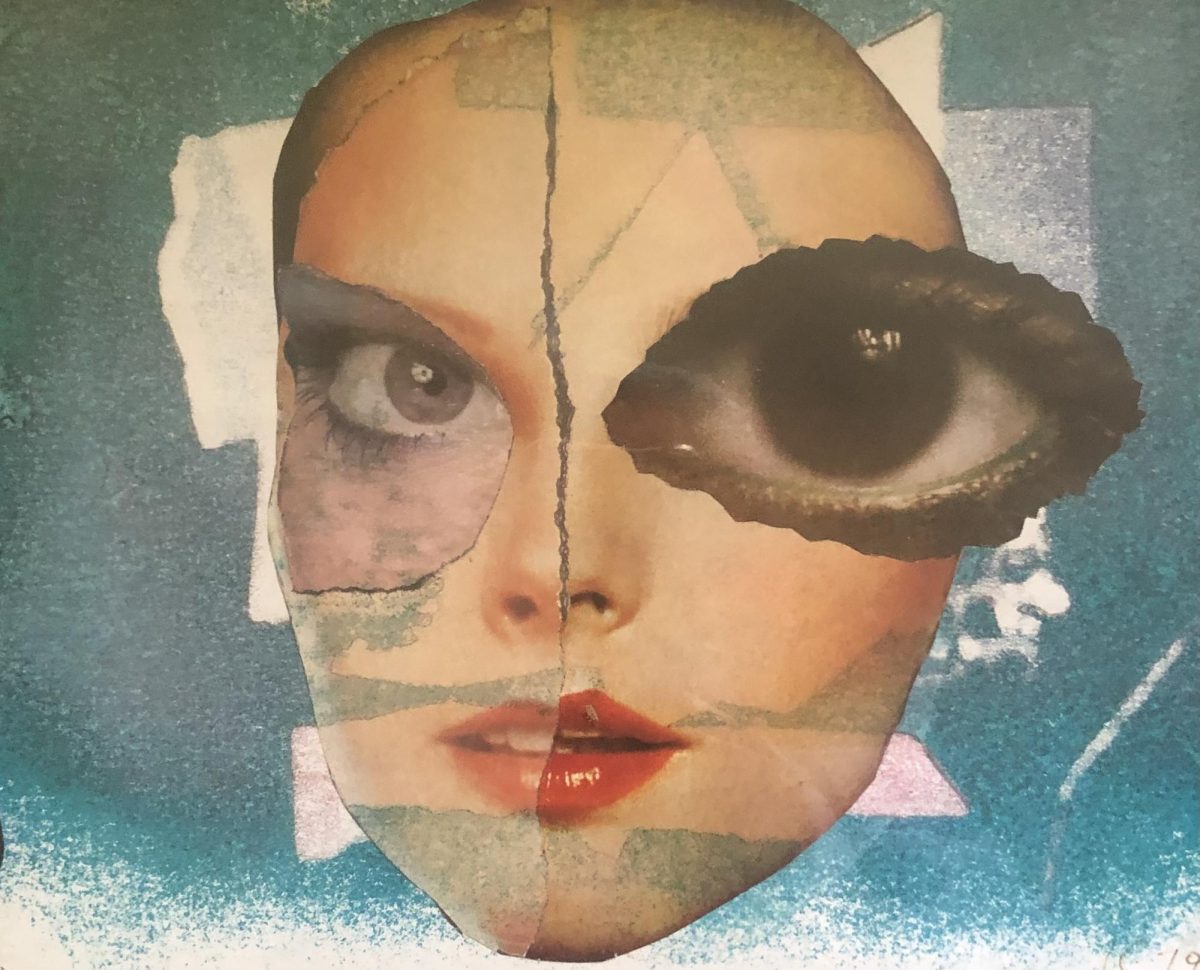


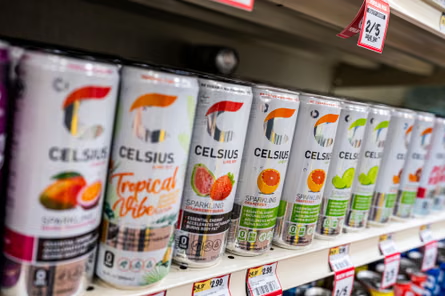


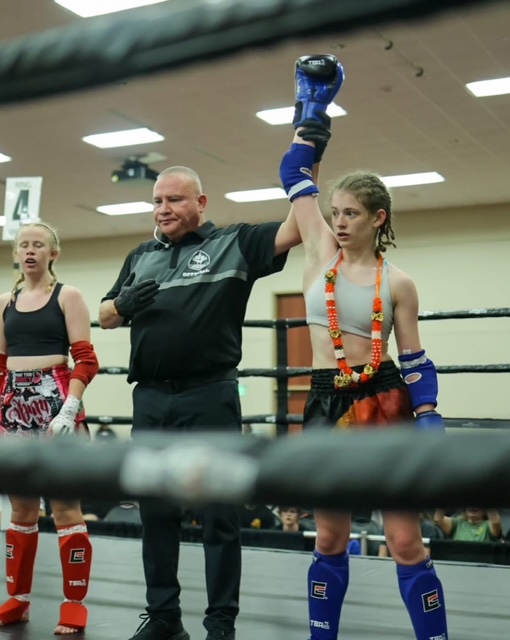
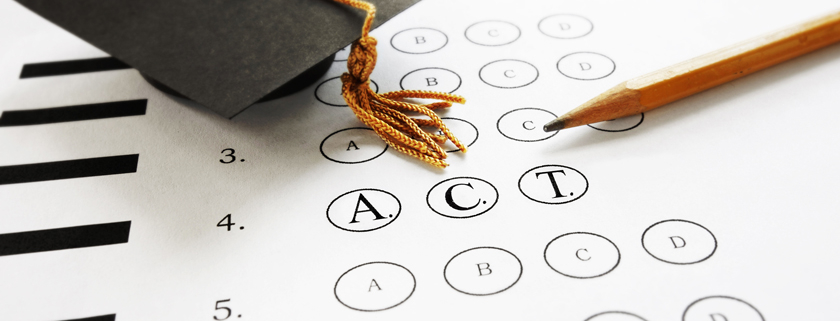
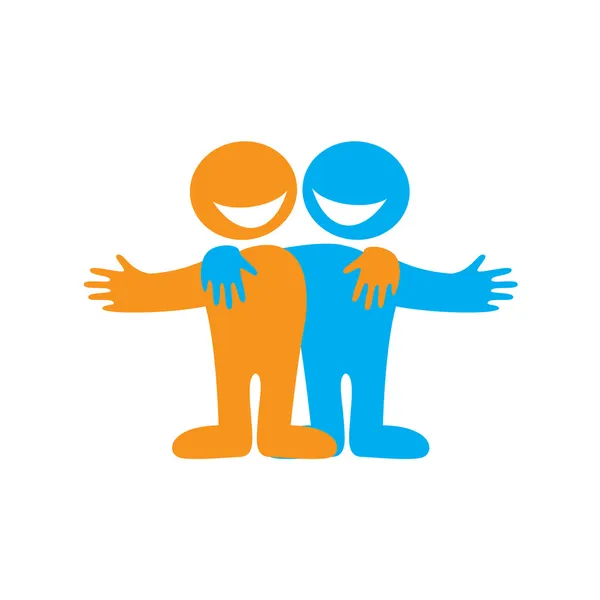
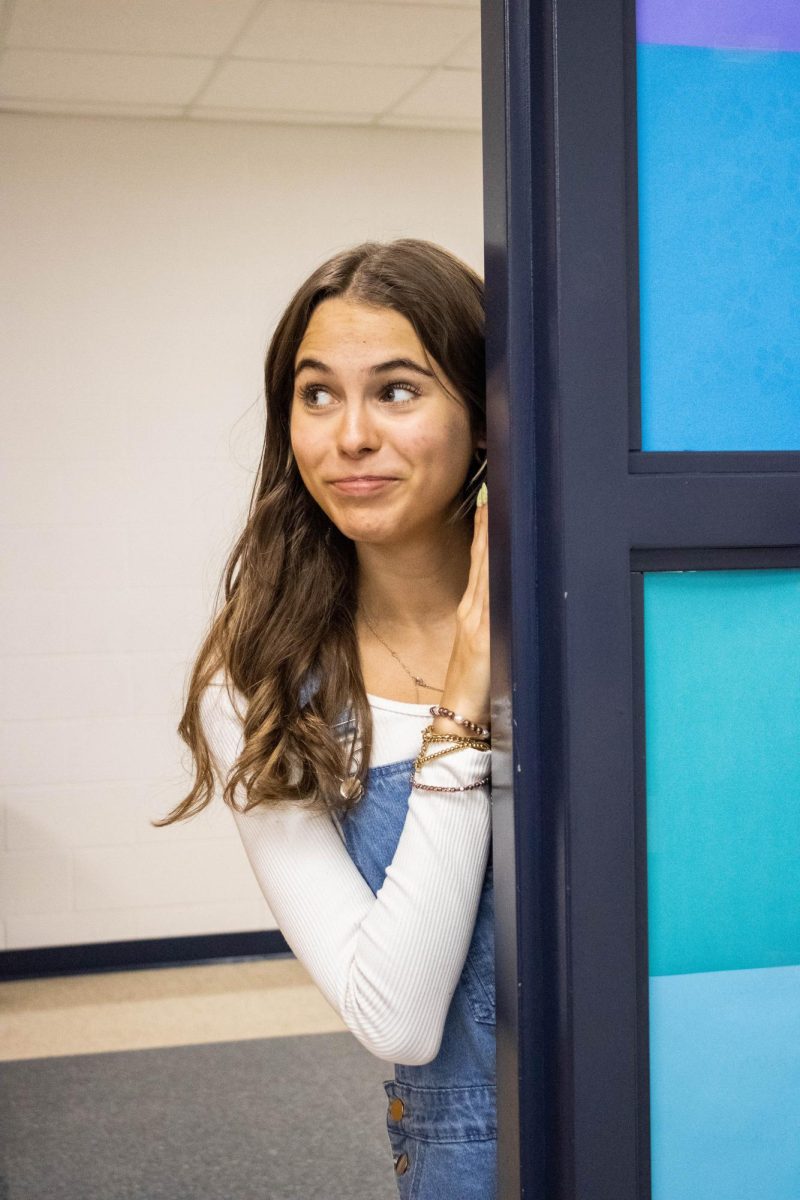



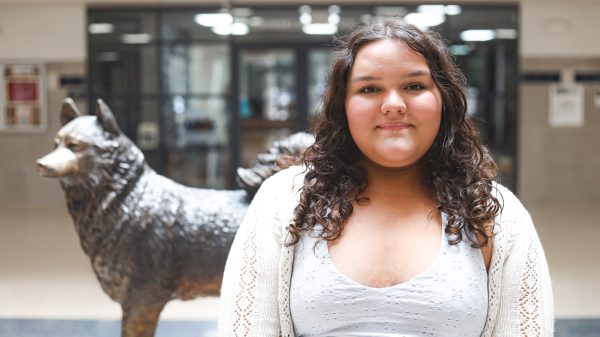
Jemma Cornett • Oct 15, 2025 at 10:14 am
I really did like this article and how it was so informative and hopeful in its tone. As a person who has continuously been discriminated against for my looks, this made a lot of sense to me. This helped me a lot. Did I win the genetic lotto? no. Did I let it stop me? also no. I’m now thriving because I found people who focus on inner beauty instead of outside.